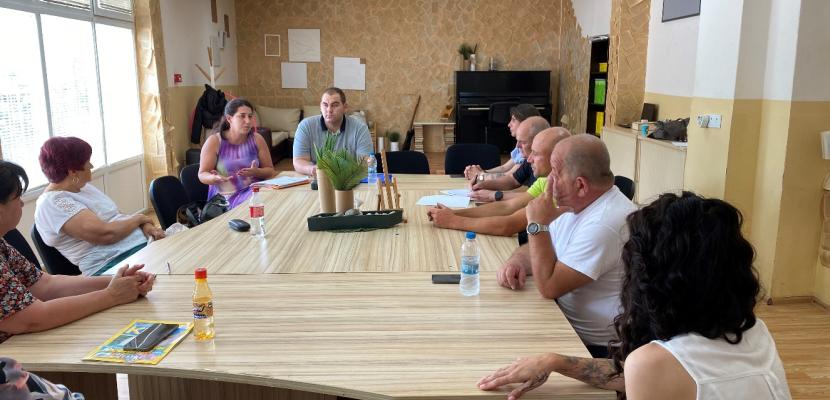
Local Action Group

About this good practice
The Strategy of the LAG (Local Action Group) "Peshtera-Bratsigovo" was developed within Measure 19 "Community-led local development" of the Bulgarian Rural Development Programme. The preparatory process went through several stages with activities being implemented by involving local stakeholders of three main sectors - public, business and non-governmental.
Stage I. Communication activities aiming at stakeholder involvement.
Stage II. Trainings of citizens and trainings of members of the LAG.
Stage III. Research and analysis with the objective to present current data on the territory and its characteristics and to determine the potential participants in the Strategy, the basic (baseline) indicators for the assessment of the implementation.
Stage IV. Strategy development, consultation and discussion to support the process of strategy preparation and development.
A wide range of public and private entities have been involved, for the drafting of the LAG Strategy which included: strategic framework, a SWOT analysis, objectives, and priorities.
The local community also took an active part in the public discussions held to define measures and criteria for selecting projects, as well as their weight. The trainings included over 80 local leaders from the territory, representatives of the three main sectors, as well as representatives of minorities, farmers and citizens.
Resources needed
The total costs for the setting up of the LAG Peshtera-Bratsigovo were EUR 55,000.
After this, the LAG will operate with a budget of 80,000 / year for administration and consumables. The budget is ensured by the two municipalities involved.
Evidence of success
The identified priorities and their specific objectives will be achieved through the implementation of the envisaged package of measures and activities, including the financing of preparation and implementation of specific projects.
Potential for learning or transfer
The practice is particularly relevant to adjacent rural municipalities/regions which can join forces to combat the negative effects of rurality. The role of LAGs (local action groups) can be vital in that process by connecting stakeholders from different sectors, private and public, and involve them in the participatory process of strategy development, identification of priorities, and selection of concrete measures and projects for the sustainable development of these regions.
